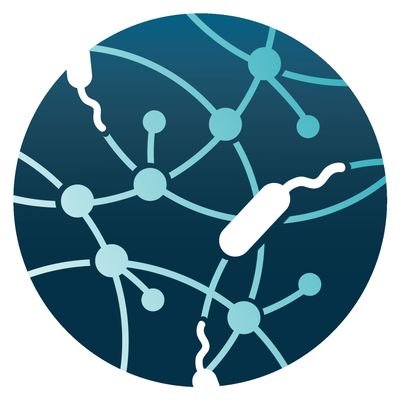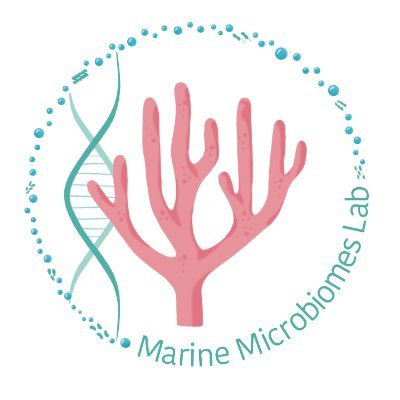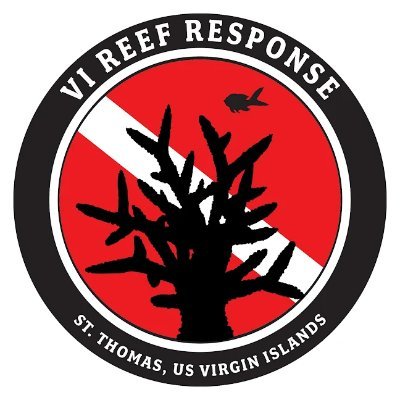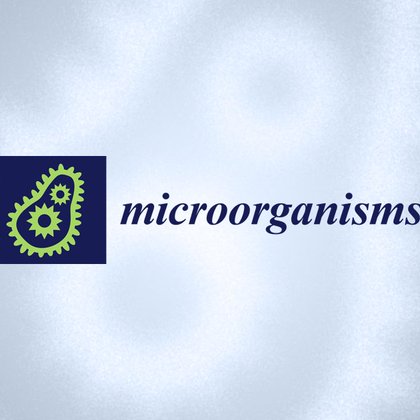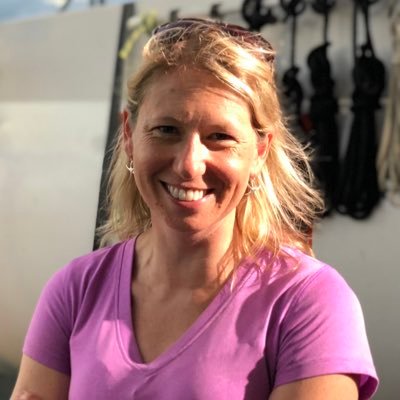
Amy Apprill
@AmyApprill
Followers
2K
Following
3K
Media
68
Statuses
811
Microbial ecologist at Woods Hole Oceanographic Institution, Team Leader of Reef Solutions Initiative (https://t.co/SB0b4q6nsQ), SCUBA diver & ocean explorer
Woods Hole Oceanographic Insti
Joined June 2015
Me: Did you forget to color the rest of the coral? Daughter (6yrs): No. Half the coral is bleached from the hot ocean🌡 Me(in my head): Wow. And that came from a 30 min classroom conversation. How can I broaden this message and concept? 🤔 @WHOI
8
59
267
📣 New C-CoMP Pub. Alert! Interested in marine microbial metabolites? Check out this new pub., led by @BryndanDurham and Winn Johnson, that emerged from C-CoMP's Labile DOM workshop: An ecological framework for microbial metabolites in the ocean ecosystem.
aslopubs.onlinelibrary.wiley.com
The ocean microbe-metabolite network involves thousands of individual metabolites that encompass a breadth of chemical diversity and biological functions. These microbial metabolites mediate biogeo...
0
3
8
🦠🪸🐠🌊Microbes matter for reef and ocean health and can be powerful diagnostic tools. Hoping this helps translate knowledge to coral reef conservation and restoration teams interested in enhancing monitoring efforts. #ReefSolutions @WHOI @MicrobiaLoop
https://t.co/p3bhHi9e7v
whoi.edu
Compared to taking visual observations of reef habitats, analyzing water microbes provides a more immediate picture of health.
1
2
10
Check out the just-released Springer Book "Coral Reef Microbiome" with editors @chrisvoolstra and @peixotors and with the participation of several @mmslab members. Read more at: https://t.co/WhFFC0VYzw
1
36
92
CORAL REEF NEWS: ‘Fishial’ Recognition: Neural Network Identifies Coral Reef Sounds https://t.co/ddRD1l9SBH Coral reefs are some of the world’s most diverse ecosystems. Despite making up less than 1% of the world’s oceans, one quarter of all marine species spend some portion of
publishing.aip.org
WASHINGTON, March 11, 2025 – Coral reefs are some of the world’s most diverse ecosystems. Despite making up less than 1% of the world’s oceans, one quarter […]
0
4
7
Interested in current & upcoming #standardization practices to accelerate discoveries of #heatstress impacts on #marine life? Review paper @AnnualReviews —> https://t.co/dTUYE4YmxG
@reefgenomics @AmyApprill @UniKonstanz
0
10
26
We’re looking for a microbiologist or bioprocess scientist/engineer to join my lab at the Woods Hole Oceanographic Institution in Cape Cod, MA for an exciting project focused on microbial digestive processes in ocean animals. 🌊 🦠 🐋 https://t.co/52KmwsMjah
1
4
13
Congrats @alicia_reigel on this novel work showing how sponges matter to reefs. Thanks to @NSF for funding! 🪸🐠🌊
Check out our newly published work showing that compounds in sponge exhalent water influence the composition, growth, and nutrient cycling of coral reef picoplankton. https://t.co/t3QoF1PfhT
0
0
7
Check out our newly published work showing that compounds in sponge exhalent water influence the composition, growth, and nutrient cycling of coral reef picoplankton. https://t.co/t3QoF1PfhT
0
4
12
EDITOR'S PICK A second species of coral has been found to respond to sound playback during larval settlement: https://t.co/F7VGiqqFn9
#acoustics @nadege_aoki @AmyApprill @youenn_jezequel @WHOI
0
1
3
Check out this article by @VI_Source covering a NOAA transformational habitat restoration grant awarded to Drs @marilynebrandt & @AmyApprill at UVI and @WHOI respectively. 1 of the main restoration sites is Flay Cay where SCTLD was 1st seen on St. Thomas https://t.co/i0v0rZhHrd
0
3
5
🪸🌊🤿 An important description of reef water microbes in an oligotrophic and healthy Caribbean reef ecosystem prior to disease and heat: Jardines de la Reina, Cuba. Our 11th US-Cuban 🇨🇺🇺🇸 co-authored publication! https://t.co/7Lf06bmcqD
#mdpimicroorganisms via @Micro_MDPI
mdpi.com
Globally, coral reef ecosystems are undergoing significant change related to climate change and anthropogenic activities.
1
11
28
What species live in this coral reef and are they healthy? A new technique identified three chemical clues that could help answer these questions, as reported in @JProteomeRes. https://t.co/AgL6v6CwJN
@briemgarcia @LizKuj @AmyApprill @WHOI
acs.org
What species live in this coral reef and are they healthy? A new technique identified three chemical cues that could help answer these questions, as reported inACS’ Journal of Proteome Research.
0
2
2
Coral reef chemistry! 🪸🧪Check out the press release about our work examining coral reef metabolomes by applying a new method to examine previously overlooked reef metabolites @briemgarcia @LizKuj @CynthiaBecker25 @lggray3
acs.org
What species live in this coral reef and are they healthy? A new technique identified three chemical cues that could help answer these questions, as reported inACS’ Journal of Proteome Research.
1
14
46
New work by @briemgarcia advances metabolite detection on coral reefs. Implications for reef monitoring and management 🪸🐠🌊with @LizKuj @CynthiaBecker25 @lggray3 Thanks to @NOAA @NSF @WHOI for support.
pubs.acs.org
Extracellular chemical cues constitute much of the language of life among marine organisms, from microbes to mammals. Changes in this chemical pool serve as invisible signals of overall ecosystem...
0
9
27
#WHOI researchers, led by recent #MIT_WHOI grad @CynthiaBecker25, assessed the health of #USVI coral reefs by sampling microbial #eDNA! The 7-yr study looked at changes during hurricanes and disease outbreak. Learn more from @EarthDotCom: https://t.co/SM46RZ5ygN
1
11
30
This #RSOS paper demonstrates that playing reef sounds to coral larvae can increase their settlement rates. Read the full paper: https://t.co/0hJqJHLFvE
#CoralReef @nadege_aoki @WHOI @AmyApprill
0
1
4
🪸🐠🧬🌊 Our new study led by @CynthiaBecker25 documents reef microbialization following disturbance using a 7-year eDNA time-series. Thanks to @NSF @NOAA @WHOI & The Tiffany Foundation for support & coauthors @lggray3 @JoelLopiz Aran Mooney https://t.co/tPavogXLSQ
whoi.edu
WHOI scientists studied microbial communities surrounding coral reefs by examining eight in the U.S. Virgin Islands over a period of seven years.
1
12
31

